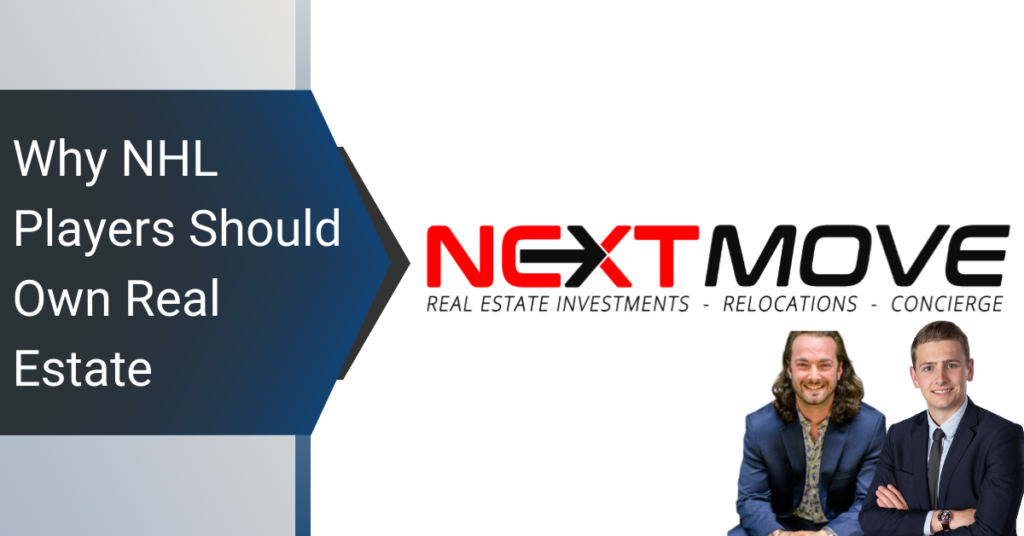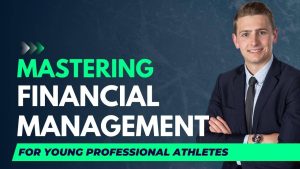[vc_row][vc_column][vc_column_text]
Real Estate as an Investment
I recently caught up with Steve Szilagyi, former strength & conditioning coach who is now the Director of Ice Hockey with the Next Move Network. They’ve created a network of Real Estate Professionals that cater to the sports and entertainment industry across North America, including facilitating transactions for professional athletes. We discussed the importance of Real Estate in a pro hockey player’s portfolio; here’s a few key takeaways from our discussion:
The Importance of Diversification
The adage “don’t put all your eggs in one basket” gets thrown around a lot because it couldn’t be more accurate. But it shouldn’t stop with your stock portfolio. Yes, it is true you should own a globally diversified basket of companies within your stock portfolio, but you should also diversify your money across asset classes. Spreading your money across stocks, bonds, real estate, and other alternative assets is crucial, especially as your net worth grows.
As Steve and I chatted, he reciprocated the importance of diversification, as he says he’s come across players that have way too much of their cash invested in real estate. For example, if a player has a $2 million net worth, and 95% of it is tied up in property, he would encourage them to slow down with their real estate purchases and slowly transition some of their capital into stocks and bonds.
As I mentioned in my conversation with Dale Weise, if your financial advisor (or real estate agent) is constantly pushing you to purchase more of one asset class, they might not be working with your best interest in mind. Diversification is key!
When does it make sense for a player to get into real estate?
This question doesn’t have a black and white answer because it totally depends on the player. However, here’s a few things to consider:
- If you’re a young player on your entry-level contract, be patient. You likely don’t have a ton of capital (cash) at your disposal yet, which can restrict the options available to you. Furthermore, if you’re not established in the National League yet, your income could fluctuate, and you could be jumping around from city to city.
- Where are you playing? The value of a home typically appreciates over time – but not all houses/markets appreciate at the same rate (i.e., 1% or 3% per year). If your team is located in a real estate hotbed, it might make sense. If not, maybe leasing, for the time being, isn’t the worst idea.
- Are you prepared to hold the property as an investment? Not everyone wants to do this, as it can create work for you, and there are potential headaches when you own a home/unit. If you’re not prepared to hold onto it as a rental property for a long-time, then it may be a poor investment if you get traded and need to sell in a year or two.
What do you gain from using a real estate professional?
Well, first and foremost, an experienced and trustworthy agent that understands your world as a hockey player will be able to help you answer the previous question as to when it makes sense for you to start. But there are many more advantages to seeking guidance from a professional. Here are a few other things they can help with:
- They take care of all the tedious work
- Buying and selling properties creates a lot of work, such as securing financing, writing up offers, etc. A legitimate agent will have the infrastructure to handle this for you, significantly benefiting hockey players who want to focus solely on hockey.
- They know the location like the back of their hand
- If you’ve been drafted by a team that isn’t your hometown, you’ll have limited knowledge of the city. Steve’s Next Move Network has qualified agents within these cities that will help you find a unit close to the rink, a practice facility, excellent amenities, good schools, and other players on the team.
- They can negotiate on your behalf
- Properties often have an appraised value, but the market is willing to pay something different. A real estate professional is working in that environment day-in, day-out and will have a pulse on the current state of the market. With their help and guidance, you can avoid overpaying for the wrong property, or being taken advantage of by a listing agent.
The Beauty of Passive Income
One of the excellent benefits of investing in real estate is creating passive income for yourself. A common strategy used by players is to purchase units in the cities that they play in, live in these units while they’re playing there, and then hire a property manager to rent out the unit while they’re gone.
As they progress through their career, they can purchase more properties as they move from team to team due to trades or signing new contracts. At the end of a 10–15-year career, it could be possible to have several properties in various cities that are providing both passive income and building equity.
However, it isn’t something that happens overnight, free of risk. A few things to consider before executing a strategy like this:
- How comfortable are you with debt?
- It’s unlikely you’ll be able to purchase units outright – you won’t have enough cash available early on. So, you’ll need to service these properties using mortgages. Not everyone is comfortable with debt, so talk with your advisor and educate yourself on the power of leverage before diving in.
- Even though it is “passive income,” there’s still work involved.
- You’ll need to ensure that the cash flow coming in each month – your rental income – is greater than the cost of your mortgage to pay your property manager and any upkeep on the unit. Yes, if you hire a good property manager, much of this work becomes their responsibility. But at the end of the day, you own the property, and there will be work to do.
- There are opportunity costs to investing in real estate. When you buy a share of Apple on the stock market, you can turn around and sell that share tomorrow with ease. In comparison, buying and selling a house cannot happen overnight – there is liquidity Therefore if a different investment opportunity arises in the short term, but your cash is tied up in property, you could miss that opportunity.
Summary
Real Estate can be a fantastic piece within your overall investment portfolio and can accelerate your wealth generation if done correctly. One of the biggest hurdles that investors face when investing in real estate is that they do not have enough cash. Fortunately, pro hockey players tend to earn enough income early on in their careers to avoid this hurdle.
So, if real estate is an avenue you’d like to discuss, have that conversation with your financial advisor. They should have relationships with trusted real estate professionals who can guide you through the process. For example, they could leverage Steve’s network of real estate professionals across North America.
Also, talk to your teammates. There are a lot of current players who have gotten involved in the real estate market and have had success. They’ve probably also experienced several headaches along the way. Having a conversation with someone who’s gone through it will be extremely valuable and will provide you with insight into whether it is right for you.
As always, if you’d like to learn more about this topic, how the Next Move Network helps athletes, or anything about money – give me a call at 204-223-2166.
Sources:
https://www.rochesterrealestateblog.com/what-makes-real-estate-markets-different/
[/vc_column_text][/vc_column][/vc_row]






